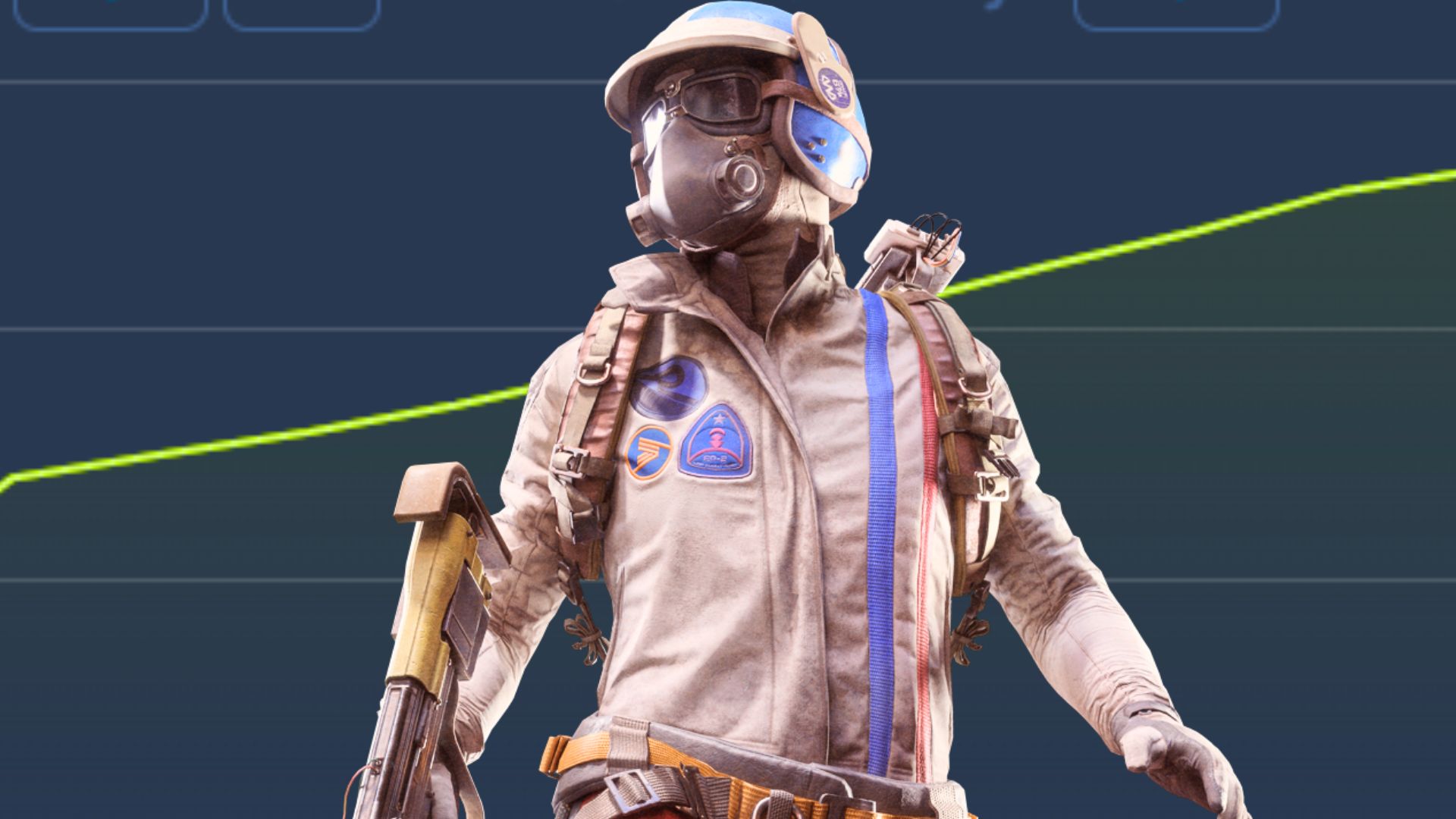You can trust VideoGamer. Our team of gaming experts spend hours testing and reviewing the latest games, to ensure you're reading the most comprehensive guide possible. Rest assured, all imagery and advice is unique and original. Check out how we test and review games here
Game developers must act to prevent players from becoming addicted to their games or face government intervention, a new study by researchers at Cardiff, Derby and Nottingham Trent universities, has suggested.
According to the study published in the Addiction Research and Theory journal, around seven to 11 per cent of gamers are considered “pathological” gamers, taking part in up 90 hour sessions.
This applies to games without a traditional ending, such as online role-playing games.
The research warns that if the games makers don’t implement restrictions to combat addiction, Western governments may be forced to limit usage in the same way Asia has.
While online games do warn players to take breaks and not to play for extended periods of time, Cyber psychologist Dr Zaheer Hussain, from the University of Derby, said warning messages are not enough.
“As a first step online game developers and publishers need to look into the structural features of the game design, for example the character development, rapid absorption rate, and multi-player features which could make them addictive and or problematic for some gamers,” he said.
“One idea could be to shorten long quests to minimise the time spent in the game obtaining a certain prized item.”
Professor Mark Griffiths of Nottingham Trent University and director of the International Gaming Research Unit believes gaming addiction will become more widespread as online games grow in popularity.
“The proportion of gamers who develop problems and/or become addicts may stay roughly constant but as online games get better and better and increasing numbers of people discover them, the number of addicts is most probably going to rise,” said Griffiths.
Despite the research, Dr Jo Twist from the Association for UK Interactive Entertainment (Ukie) said that millions of people play games “safely and sensibly”, adding that “there is no medical diagnosis of game addiction but like anything enjoyable in life, some people play games excessively”.
Twist continued: “We actively promote safe and sensible game playing through our askaboutgames.com site and encourage all players to take regular breaks of at least five minutes every 45-60 minutes.
“The games industry takes the health and wellbeing of all consumers very seriously and has a number of measures in place to ensure that games can be enjoyed safely and sensibly.
“There are also control systems available on all main games consoles that can be used to restrict the amount of time spent playing games, limit internet access and control access to age appropriate content.”
Source: BBC






